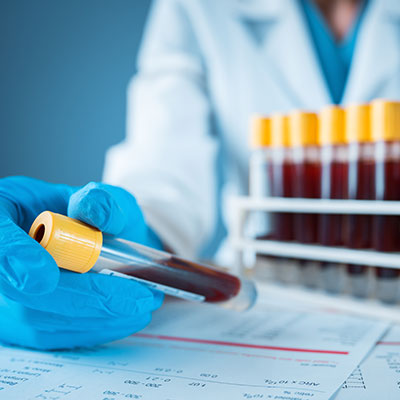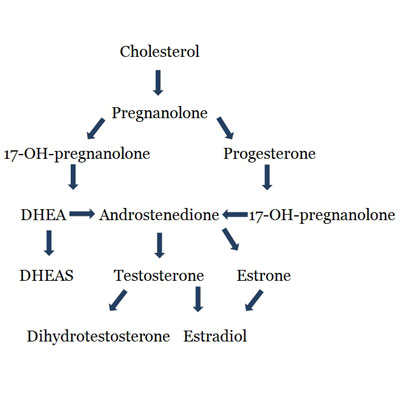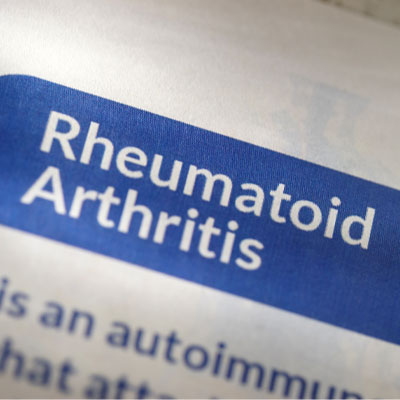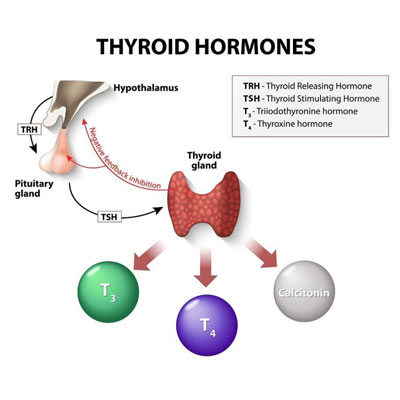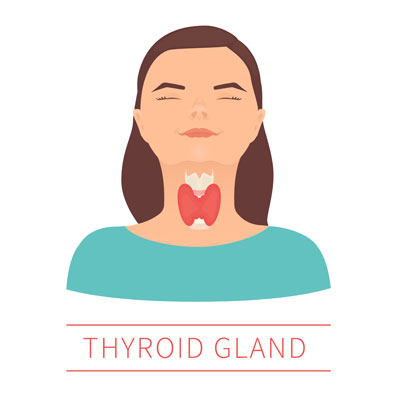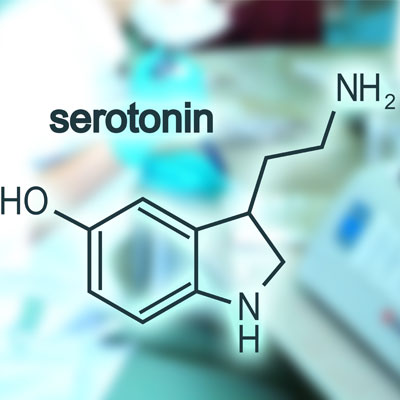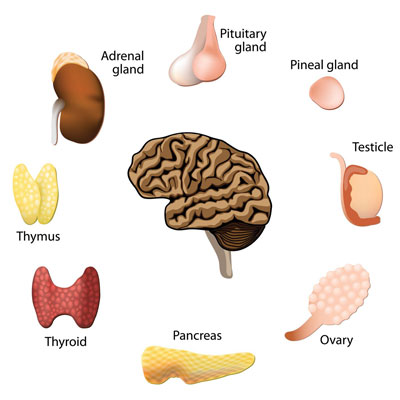Contents
- What Is Somatostatin Hormone?
- What is somatostatin going to do elsewhere in the body?
- How Is Somatostatin Hormone Regulated?
- Where is somatostatin produced in the gastrointestinal tract?
- What Happens If You Have Too Little Somatostatin Hormone?
- What Happens If You Have Too Much Somatostatin Hormone?
- How Do You Check Somatostatin Hormone?
- How Do You Balance Somatostatin Hormone?
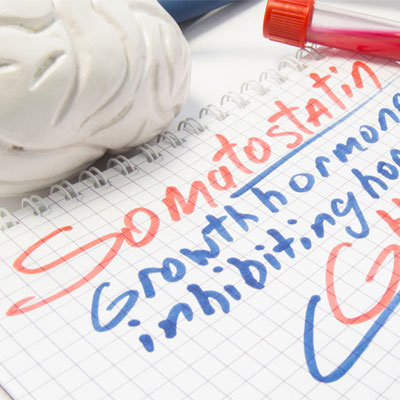
Unlike other hormones that stimulate or inhibit the production of one other hormone, somatostatin influences multiple hormones. It functions as a neurotransmitter, found mostly in the digestive and nervous systems. Aside from its role as an inhibiting hormone, somatostatin also helps stop unnatural cellular reproduction, such as what can occur in tumors.
To define somatostatin would be as follows: a polypeptide endocrine neurohormone that inhibits somatotropin and other hormone release and decreases gastric secretion.
That is not the only function of somatostatin. In this review, we will study the following:
- What is somatostatin used for and its functions
- How the production of somatostatin is regulated
- What happens when somatostatin levels get too low
- What happens when you have too much somatostatin hormone
- How to check somatostatin hormone levels
- How to balance somatostatin levels
Somatostatin hormone influences the production of multiple other hormones by inhibiting their output.
What Is Somatostatin Hormone?
Somatostatin hormone acts as both an endocrine hormone and a paracrine hormone depending on its origin and target receptor cells. Circulating somatostatin function acts more on the gastrointestinal tract by inhibiting hormone secretion.
We think first of somatostatin as an endocrine hormone due to its release from the hypothalamus and its action on the pituitary gland. What is the function of somatostatin when released in this manner?
As an endocrine hormone, somatostatin primarily functions to inhibit the secretion of growth hormone (human growth hormone, somatotropin, GH, HGH) from the anterior pituitary gland cells called somatotrophs. Somatostatin works contradictory to growth hormone-releasing hormone (GHRH) which is the stimulator of GH secretion. Also, somatostatin regulates thyroid stimulating hormone production.
What is somatostatin going to do elsewhere in the body?
Somatostatin has the following additional functions:
- As a paracrine hormone, somatostatin inhibits the secretion of insulin and glucagon by the pancreatic islets. By inhibiting cholecystokinin-stimulated enzyme secretion and secretin-stimulated bicarbonate secretions, somatostatin suppresses pancreatic exocrine secretions.
- In the gastrointestinal tract, somatostatin inhibits cholecystokinin, gastrin, secretin, and vasoactive intestinal peptide hormones. Additionally, somatostatin lowers gastric emptying rate, suppresses pepsin and gastric acid secretion, and decreases the contractions of smooth muscle and blood flow in the intestines. These actions can interfere with nutrient absorption and lead to possible malnutrition.
- Within the central nervous system, somatostatin exerts neuromodulatory activity impacting neural transmission.
Somatostatin hormone has the primary function of inhibiting the secretion of other hormones.
How Is Somatostatin Hormone Regulated?
Unlike some hormones that have only one point of origin, somatostatin hormone has numerous areas of production. Its regulation also depends on the location. Somatostatin Trusted sourceMedical News TodayWhat does the hypothalamus do?Go to sourceproduced by the hypothalamus regulates hormones of the pituitary gland. The hypothalamus measures the levels of thyroid hormone and growth hormone in the bloodstream to determine if more are needed. If so, the hypothalamus secretes GHRH to stimulate growth hormone production and thyrotropin-releasing hormone (TRH) to promote thyroid-stimulating hormone (TSH) in the pituitary gland. However, if either of these hormones is too high, the hypothalamus will release additional somatostatin to inhibit their production. Somatostatin also inhibits prolactin production as well as adenylyl cyclase (a regulatory enzyme) in parietal cells.
Where is somatostatin produced in the gastrointestinal tract?
Somatostatin is secreted by the pancreas to inhibit other pancreatic hormones, such as glucagon and insulin. If there are elevated levels of insulin in the bloodstream, the pancreas will increase somatostatin levels to avoid insulin release. Somatostatin will also prevent raising blood glucose levels too high by inhibiting glucagon release. By doing so, it helps avoid potential insulin overload that can affect blood sugar levels and lead to diabetes. Food intake plays a role in somatostatin release.
Additional somatostatin release in the gastrointestinal tract is crucial for balancing gastrin release. Somatostatin secretion occurs at the end of a meal when the stomach empties and if the stomach pH levels get too acidic. Here, somatostatin acts on acid-producing parietal cells to decrease acid secretion.
Delta cells throughout the digesting system, such as in the pancreatic islets, the duodenum, and the pyloric antrum release somatostatin. When released by the pyloric antrum, somatostatin travels to the heart via the portal venous system. That is the method of secretion that leads to inhibitory effects throughout the body.
Somatostatin production occurs when necessary to inhibit other actions or hormone secretions.
What Happens If You Have Too Little Somatostatin Hormone?
Somatostatin hormone function is part of a delicate balance that exists in the body. If any part of that balance alters, the implications can be far-reaching. Having too little somatostatin can be a problem, depending on where the shortfall appears.
What does somatostatin do to the pituitary hormones if there is not enough coming from the hypothalamus?
If too little somatostatin hormone is available from the hypothalamus, then the pituitary gland may secrete too much growth hormone and thyroid stimulating hormone. In the case of GH, a person could experience Trusted sourceMayo ClinicAcromegaly Symptoms & CausesGo to sourcesymptoms of acromegaly , high blood sugar, joint pains, carpal tunnel syndrome, edema, and more. Too much TSH can cause the thyroid to secrete excess thyroid hormone, which can cause a goiter, irregular heartbeat, and many other issues.
In the gastrointestinal tract, not enough somatostatin could lead to increased secretion of gastric acids, insulin, glucagon, and other hormones. Blood sugar levels could potentially rise.
Fortunately, somatostatin deficiency is a rare condition.
Somatostatin deficiency is a rare condition that could lead to increased growth hormone production.
What Happens If You Have Too Much Somatostatin Hormone?
Having too much somatostatin hormone is a possibility that could also lead to diabetes. In this manner, that would occur because somatostatin would inhibit the pancreatic release of insulin. The result would be excess blood sugar circulating in the bloodstream that cannot be taken in by the body’s cells which need insulin to support glucose uptake. Insulin’s role is to increase cellular sensitivity to glucose.
In the gastrointestinal tract, too much somatostatin can lead to gallstone formation, fat intolerance in the diet, and diarrhea.
Additional elevated effects of somatostatin on the pituitary gland can cause a further decline in growth hormone production.
When that occurs, a person can become growth hormone deficient, leading to problems such as:
- Reduced cellular regeneration
- Impaired immune system functions
- Slow metabolism and weight gain
- Decreased cognitive functions
- Low sex drive
- High cholesterol and blood pressure levels
- Increased risk for osteoporosis, cardiovascular disease, diabetes, and other health issues
Is somatostatin a hormone that can cause other dangerous conditions if it gets too high?
Yes, because it also suppresses TSH release, signals to the thyroid gland can also decline, resulting in hypothyroidism. Fatigue, weight gain, depression, cold temperature intolerance, and infertility are all possible signs of elevated somatostatin levels resulting in decreased TSH production.
One cause of excess somatostatin levels is a somatostatinoma – an endocrine tumor that produces increased amounts of this hormone.
Too much somatostatin can result in many potentially dangerous health issues.
How Do You Check Somatostatin Hormone?
The somatostatin test is a blood test of serum somatostatin levels. The specimen collection takes place in the morning while the individual is fasting. Collection of the blood for the somatostatin hormone test is in a lavender pre-chilled tube. Processing must occur within 2 hours of collection to separate the plasma from the cells. The specimen must then be frozen for transport to a testing facility.
Testing the structure of somatostatin to ascertain its levels is essential if a person has symptoms of low or high levels. The reference range in adults for plasma somatostatin is < or = 30 pg/mL
Levels of somatostatin higher than 30 pg/mL are a reason to look for a further issue, such as a somatostatinoma or neuroendocrine tumor.
Somatostatin levels are tested with an early morning fasting blood sample collection.
How Do You Balance Somatostatin Hormone?
Due to the vast role of somatostatin, balancing the hormone depends on the symptoms as well as the cause. If high somatostatin levels are due to a tumor, the doctor will need to treat the tumor by removing it through surgery.
Sometimes, balancing other hormone levels affected by high or low somatostatin levels can solve the problem. There are also chemically altered forms of somatostatin to help control certain endocrine conditions via hormone secretion regulation.
Synthetic somatostatin hormone may be used to treat acromegaly when too much growth hormone enters the body due to somatostatin deficiency.
As with any imbalanced hormone level, it is best to seek out the expertise of an endocrinologist – a doctor who specializes in hormone therapy. Please contact HGH Doctor hormone clinic with any questions about somatostatin or other hormones. Consultations by phone are confidential and provided at no charge.
- Tamar Eigler, PhD, Anat Ben-Shlomo, MD
- Walaa Alshafie, PhD, Dr.Vincent Gerard Francis, Klaudia Bednarz, Yingzhou Edward Pan, PhD, Thomas Stroh, PhD, Peter Scott McPherson, PhD, FRSC
- Oxana Pichurin, Ramtin Khalafi, Anat Ben-Shlomo, MD, Cuiqi Zhou, PhD, Vera Chesnokova, PhD, Song-Guang Ren, Dr. Ning-Ai Liu, MD, Shlomo Melmed, MB, ChB, FRCP, MACP
Somatostatin system: molecular mechanisms regulating anterior pituitary hormones
Regulated resurfacing of a somatostatin receptor storage compartment fine-tunes pituitary secretion
Constitutive Somatostatin Receptor Subtype 2 Activity Attenuates GH Synthesis

